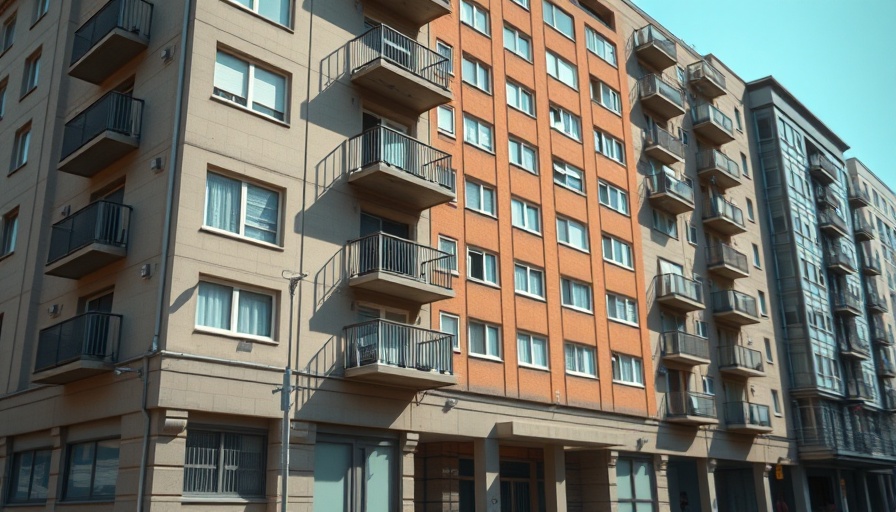
Agrieved Voices: The Horrific Tale of Exploitation
The conviction of Jose Espinoza, a former building super sentenced to 22 years in prison for the rape and labor trafficking of a migrant cleaning woman, exposes the vulnerabilities many undocumented immigrants face in urban environments. Over six years, from 2017 to 2022, Espinoza abused his position of power, manipulative control, and violence to exploit his victim, a woman from Paraguay undergoing cancer treatment at Bellevue Hospital. The court's decision on March 11, 2025, brought a sigh of relief for many who see this verdict as a rare instance of justice for marginalized populations.
Espinoza’s case shone a light on the intersection of immigration status and victimization. The Manhattan District Attorney highlighted the victim's courage, who, while battling personal adversity, found the strength to disclose her plight to a social worker after months of abuse. This underscores the importance of social support networks for vulnerable individuals, especially those grappling with the dual burdens of health crises and exploitation.
Understanding the Broader Implications of Espinoza's Crimes
Espinoza's heinous acts raise questions about systemic failures in protecting immigrant workers from exploitation. As California’s Assembly Bill 2992 recognizes, society must actively combat labor trafficking that preys on undocumented immigrants by increasing legal protections and support mechanisms for victims.
The Powers of Change: Community Support as a Shield for Vulnerable Workers
The role of community support is pivotal. Organizations that inform immigrants of their rights can empower potential victims. Neighborhoods and community groups, like the Church of St. Francis Xavier with their banners welcoming immigrants, symbolize hope and advocate for the rights and dignity of all individuals, fostering a cultural milieu resistant to abuses.
Legal Repercussions for Abusers: A Reflection on Criminal Justice
Moreover, the trial and sentencing illuminate the functioning of the legal system in addressing sexual offenses and trafficking, especially against marginalized individuals. Legal experts emphasize that cases like Espinoza’s serve to reinforce the necessity for law enforcement to remain vigilant and responsive to the needs of those least able to advocate for themselves.
Despite oppression and fear of legal repercussions, this case exemplifies the resilience of those sharing their stories, empowered by advocates and social workers. This tragic saga prompts critical discussions about how the justice system can evolve to better protect vulnerable populations, ensuring that offenders like Espinoza face the full brunt of the law.
Paving a Path to Justice: The Role of Society
As we reflect on this shocking narrative, it compels us to consider our roles as concerned citizens. Are we doing enough to support victims and combat injustices faced by marginalized communities? As legal professionals, social workers, and community advocates, we hold a responsibility to stand against exploitation and amplify these voices. Remove the stigma surrounding undocumented immigrants, acknowledging their rights, dignity, and need for protection. In doing so, collectively we can pave a path towards justice and healing.
 Add Row
Add Row  Add Element
Add Element 



 Add Row
Add Row  Add
Add 
Write A Comment